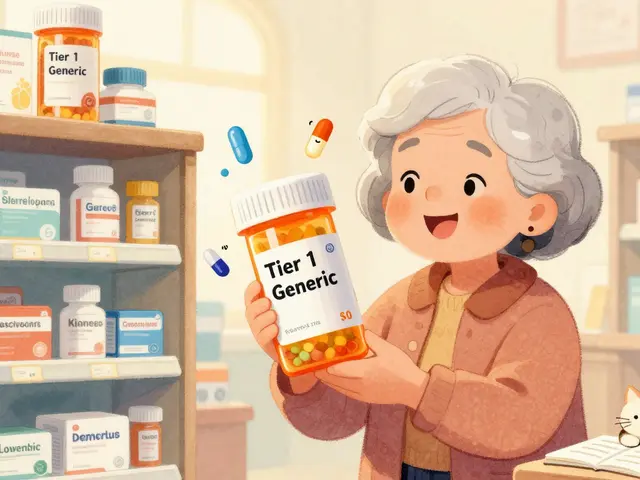
Metabolism: How Your Body Burns Fuel and What Affects It
When we talk about metabolism, the process your body uses to convert food into energy. Also known as metabolic rate, it’s not just about how fast you burn calories—it’s the entire system of chemical reactions keeping your heart beating, your brain thinking, and your muscles moving. Think of it like your body’s engine. Some people have a high-performance engine that runs hot and fast. Others have a more efficient, slower-burning one. Neither is broken. But when your metabolism slows down, you might notice weight gain, fatigue, or feeling cold all the time—even if you’re eating the same as before.
What changes your metabolism? It’s not just age or genetics. medication metabolism, how your liver and kidneys break down drugs plays a big role. Some pills, like thyroid meds or steroids, directly tweak your metabolic rate. Others, like certain antidepressants or diabetes drugs, can make you gain weight not because you’re eating more, but because your body stores energy differently. Then there’s basal metabolic rate, the number of calories your body burns just to stay alive at rest. It’s different for everyone. Muscle burns more than fat, so building even a little extra muscle can nudge your BMR upward. Sleep, stress, and how much protein you eat also shift it—sometimes without you noticing.
And here’s the thing: most "metabolism-boosting" supplements don’t work. What does? Moving more, eating enough protein, and sleeping well. If you’re on medication for thyroid issues, liver disease, or even gout, your metabolism is already being affected—sometimes intentionally. That’s why understanding how your body processes drugs matters. A slow metabolism might mean a standard dose builds up in your system and causes side effects. A fast one might mean the drug leaves your body too quickly to help. That’s why dosing isn’t one-size-fits-all.
Below, you’ll find real, practical guides on how medications, chronic conditions, and everyday habits connect to your metabolism. From how allopurinol changes uric acid processing to why fluid retention can be a sign your metabolism is out of sync, these posts cut through the noise. No fluff. No gimmicks. Just what actually affects how your body turns food into fuel—and what you can do about it.
-
7 Nov







